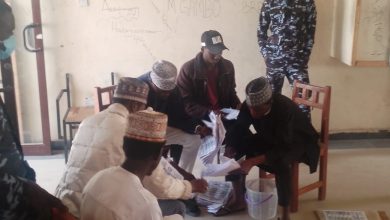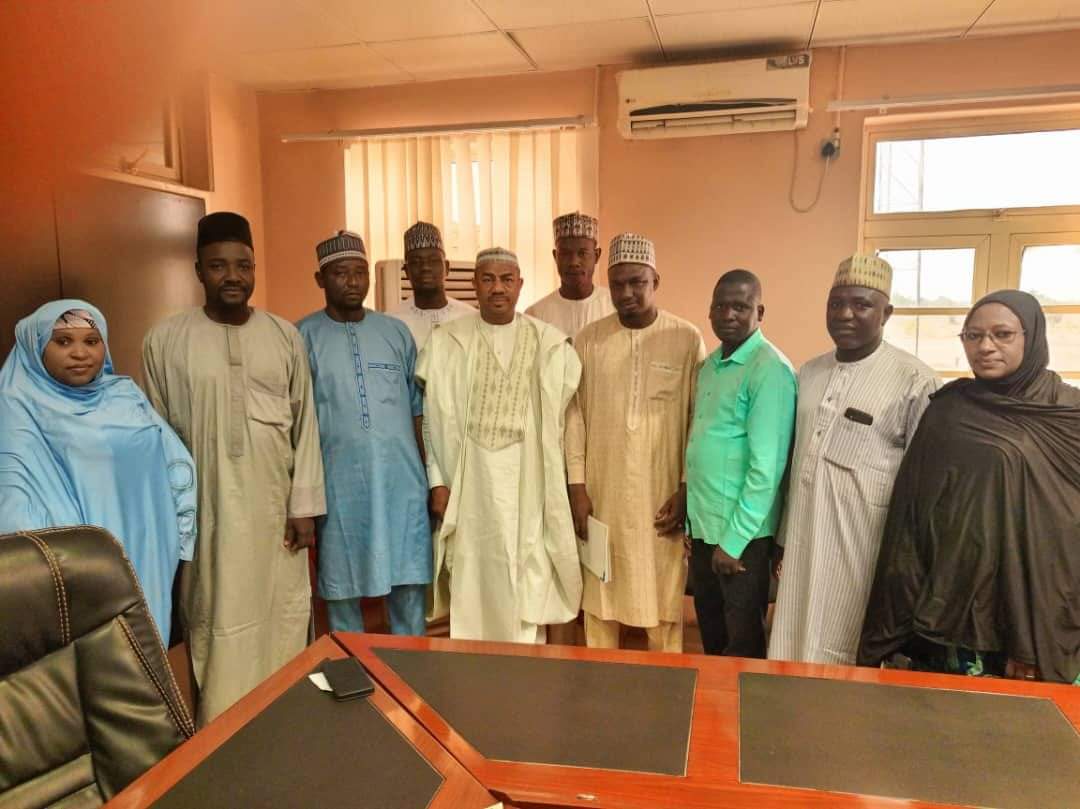
Academic Staff Union of Universities (ASUU) has lamented non-payment of eight months’ salary arrears saying its members may find it difficult to resume work as they do not have “money for transport”.
This was disclosed by the union president, Prof. Emmanuel Osodeke on Sunday, October 16, 2022, while speaking about matters arising from the suspension of the ASUU strike on Channels Television’s Sunday Politics.
Recall that on Friday, October 16, 2022, ASUU suspended its eight-month-old strike which had shut down public universities in the country to demand full implementation of agreements it had entered into with the Federal Government a few years ago.
While the strike lingered, the Minister of Education, Mallam Adamu Adamu Adamu, claimed that the government had resolved most of the demands of ASUU. Among the demands addressed, according to the Minister, was the release of N50 billion for the payment of earned allowances for universities’ academic and non-academic and non-academic staff.
However, ASUU refused to return to work following the government’s insistence not to pay the union’s arrears for the strike period.
The Federal Government then dragged the union to the National Industrial Court, asking the court to order the lecturer back to class. The National Industrial Court and subsequently the Court of Appeal ruled that the lecturers must return to the classroom as negotiations continue.
While speaking on what made the union suspend its strike, Osodeke, said the decision was not because issues brought by the lecturers were fully addressed.
“As you have seen from our press release – although they were interventions by the Speaker (Femi Gbajabiamila) and others – the major reason we are resuming is because we are obeying the industrial court’s judgement. The issues have not been fully resolved and no agreements signed.
“We are resuming because we are a law-abiding organisation and we don’t want to break the law. We are also hoping that the intervention of the Speaker as promised by him will resolve this problem within a very short time. So, the issues have not been resolved but we would resume because of that court injunction,” he said.
Osodeke, who blamed the Minister of Labour and Employment, Chris Ngige, for taking the matter to court, argued that the best way to tackle trade disputes involving academics is “negotiation”.
“But one of the ministers, the Minister of Labour, believes that the best way is to force them to class. But because of the interest of the Nigerian people – the students, their parents, and the Speaker who is intervening – our members will teach”.
He, however, said the lecturers may be unmotivated going back to class if the “no-work, no-pay” policy of the Federal Government stands, maintaining that “you cannot expect a hungry man” to be at his best.
He added that since they have not been paid for eight months, it would be difficult for them to afford the transport fares to their respective schools to teach students.
“In schools those days, every lecturer lives on campus and you can trek to your office but these days, many lecturers live 20, 30 kilometres to their offices. How will they pay for their transport to work?
“These are the issues we are going to have, that the branches will have to deal with. We expect the government to pay the money [eigth months salary arrers] so that these people will go back to work while we are negotiating on other issues.”
To avoid this, Osodeke said the government “should pay the salaries” to the varsity teachers whom he added have to “meet up” with the backlog of classes missed during the strike.









